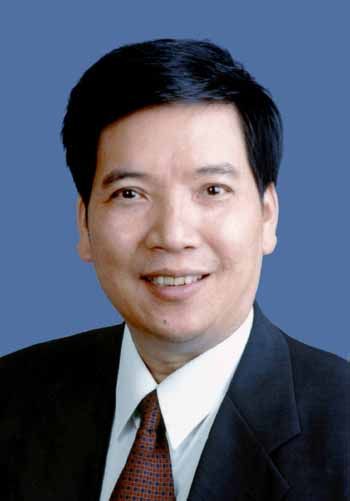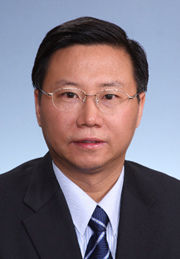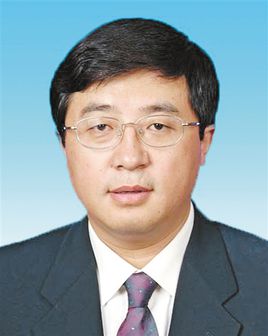
News: Former Yunnan Party Secretary Qin Guangrong (秦光荣) turned himself in today to CCDI for committing serious violations of party discipline and law. Quick Take: Qin is the second Party Secretary to be taken down in Yunnan—Qin’s predecessor Bai Enpei (白恩培) was ousted in August 2011 for committing millions of bribes and charged of suspended death sentence, the harshest penalty ever given to a senior official since the whole anti-corruption campaign. Moreover interestingly, Qin Guangrong’s son Qin Ling (秦岭), former executive director of Huarong Asset Management Co., (华融资产管理股份有限公司), had also been under investigation previously, as one of the continuous disruptions in the company after its then-board chairman Lai Xiaomin was ousted in October 2018. Qin Guangrong’s surrender is very likely related to his son’s wrong doings. In any case, we expect more disruptions to follow shortly in Yunnan.


